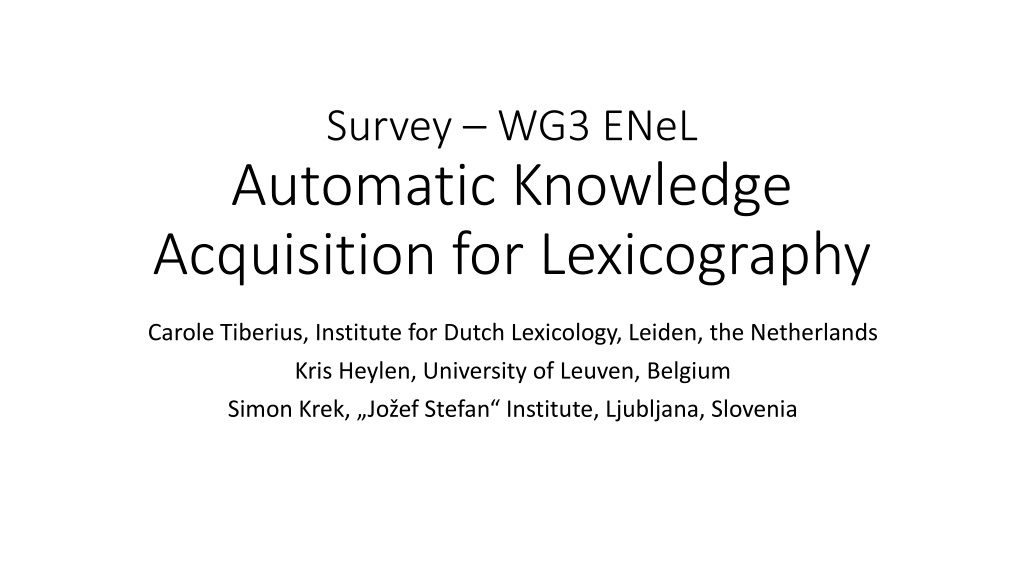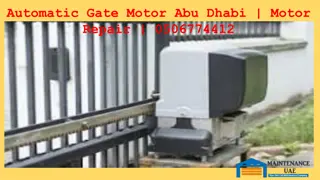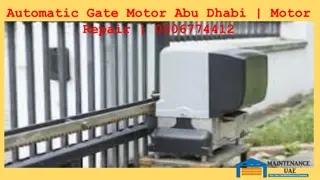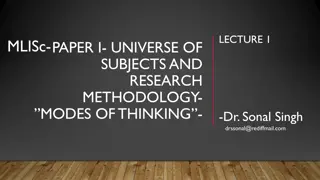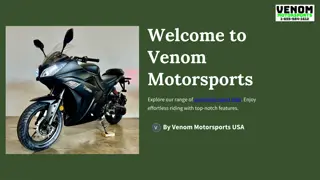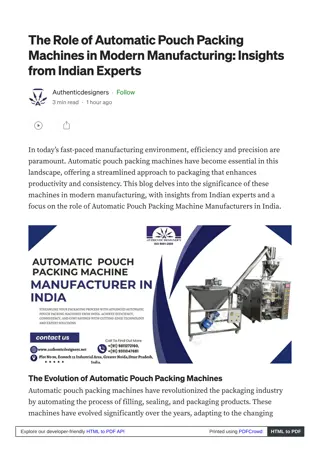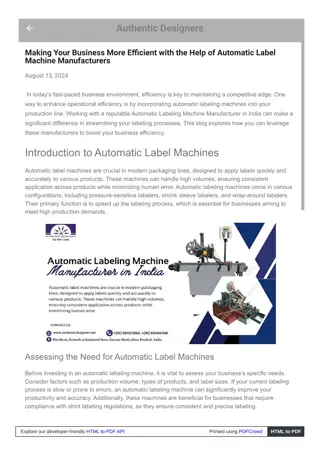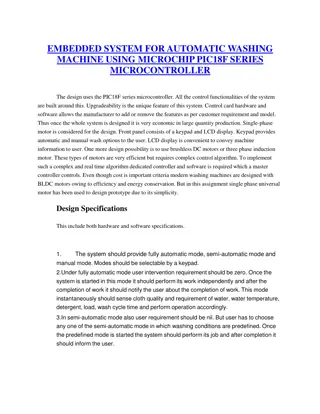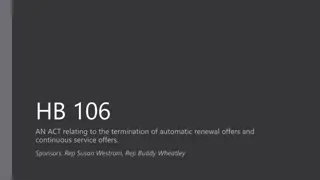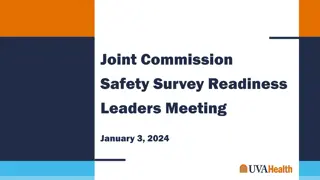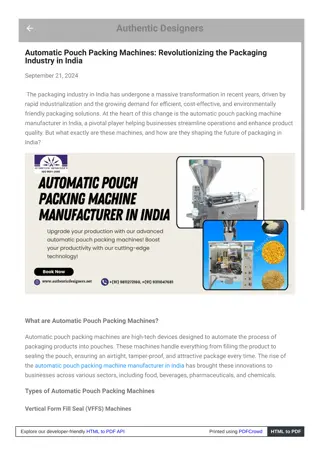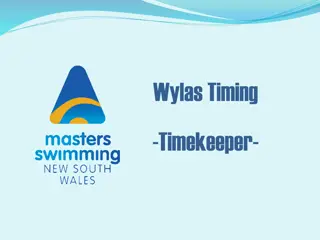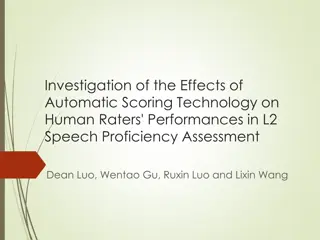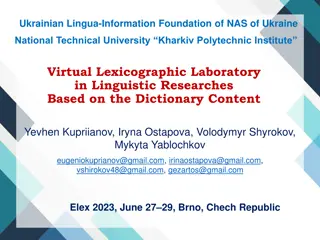Automatic Knowledge Acquisition in Lexicography Survey
Explore the automatic acquisition of knowledge in lexicographical projects through various types of data extraction methods. The survey covers the types of acquired knowledge, including lemma lists, neologisms, linguistic labels, and more, providing insights into the evolving landscape of lexical research.
Download Presentation

Please find below an Image/Link to download the presentation.
The content on the website is provided AS IS for your information and personal use only. It may not be sold, licensed, or shared on other websites without obtaining consent from the author.If you encounter any issues during the download, it is possible that the publisher has removed the file from their server.
You are allowed to download the files provided on this website for personal or commercial use, subject to the condition that they are used lawfully. All files are the property of their respective owners.
The content on the website is provided AS IS for your information and personal use only. It may not be sold, licensed, or shared on other websites without obtaining consent from the author.
E N D
Presentation Transcript
Survey WG3 ENeL Automatic Knowledge Acquisition for Lexicography Carole Tiberius, Institute for Dutch Lexicology, Leiden, the Netherlands Kris Heylen, University of Leuven, Belgium Simon Krek, Jo ef Stefan Institute, Ljubljana, Slovenia
Purpose of the survey Create an inventory of different types of automatic knowledge acquisition which are currently used within the framework of lexicographical projects
Automatic Acquisition of Knowledge Knowledge (data) which is automatically obtained from corpora of authentic language use (both synchronic and diachronic); forms either the input for lexicographers (who further inspect and edit the data) or is included as is in the published dictionary (possibly marked as being knowledge which has been automatically derived from corpus data).
Types of Automatically Acquired Knowledge (Candidate) Lemma list Overall Lemma Frequency information Form variation (e.g. irregular morphology, orthographic variants) Example sentences (cf. Vienna COST workshop) Multiword expressions (i.e. sequences of words with some unpredictable properties such as "to count somebody in" or "to take a haircut", ranging from collocations and phrasal verbs, (pragmatic) frozen expressions (e.g. of course, good morning) to traditional idioms, proverbs etc.)
Types of Automatically Acquired Knowledge Neologisms Definitions Translation Equivalents Knowledge Rich Contexts (i.e. in terminography, a sort of hybrid of a good example and a definition, illustrating the meaning characteristics of a term, but not being a formal definition.) Lexical-semantic relations (e.g. synonyms, antonyms, hypernyms) Word senses Grammatical patterns (e.g. word profiles, valency) Linguistic labels (domain/ region/ dialect/ register/ style/ time/ slang and jargon/ attitude/ offensive terms)
General Web address: https://www.1ka.si/a/60608 Questions: 134 (variables: 134) Pages: 18 Completed: 45 Partially completed: 6 Total valid: 51 All units in database: 196 First entry: 13. 4. 2014, Last entry: 1. 5. 2015
Positions lexicographer researcher software developer computational linguist nlp researcher terminologist (associate) professor project manager/director phd student
Automatic Knowledge Acquisition Q: Do you or your institution use a form of automatic knowledge acquisition within a lexicographic project(s)?: Answers Frequency 1 (YES) 36 2 (NO) 14 Valid 50
Knowledge Rich Contexts Definitions Other Linguistic labels Word senses Lexical Semantic Relations Translation Equivalents Neologisms Form variation MWEs Grammatical Patterns Example sentences Frequency Information Lemma list
Other types of AKA Prioritizing lemmas (Denmark - Society for Danish Language and Literature) Word formation information (France - Universit de Franche-Comt , Besan on) Semantic relations (France - Universit de Franche-Comt , Besan on) Termhood probability (France - Universit de Franche-Comt , Besan on) Selectional preferences (Hungary - Research Institute for Linguistics of the Hungarian Academy of Sciences) Discourse markers (Denmark / France Aarhus University, Business and Social Sciences, Department of Business Communication; Universit de Bourgogne, Maison des Sciences de l\'Homme)
Meeting Programme: http://www.elexicography.eu/working-groups/working-group-3/wg3-meetings/wg3- herstmonceux-2015/
Q: Do you or your institution use automatic knowledge acquisition for generating a candidate lemma list? Answers Frequency 1 (YES) 23 2 (NO) 9 Valid 32
Q: Do you or your institution use automatic knowledge acquisition to extract frequency information, e.g. overall lemma frequency information? Answers Frequency 1 (YES) 23 2 (NO) 9 Valid 32
Q: Do you or your institution use automatic knowledge acquisition to extract information on form variation e.g. irregular morphology, orthographic variants? Answers Frequency 1 (YES) 11 2 (NO) 21 Valid 32
Q: Do you or your institution use automatic knowledge acquisition to extract example sentences (cf. Vienna workshop)? Answers Frequency 1 (YES) 18 2 (NO) 13 Valid 31
Q: Do you or your institution use automatic knowledge acquisition to extract multiword expressions ( i.e. sequences of words with some unpredictable properties such as "to count somebody in" or "to take a haircut", ranging from collocations and phrasal verbs, (pragmatic) frozen expressions (e.g. of course, good morning) to traditional idioms, proverbs etc.)? Answers Frequency 1 (YES) 14 2 (NO) 15 Valid 29
Q: Do you or your institution use automatic knowledge acquisition to extract neologisms? Answers Frequency 1 (YES) 10 2 (NO) 19 Valid 29
Q: Do you or your institution use automatic knowledge acquisition to extract definitions? Answers Frequency 1 (YES) 5 2 (NO) 23 Valid 28
Q: Do you or your institution use automatic knowledge acquisition to extract translation equivalents? Answers Frequency 1 (YES) 8 2 (NO) 19 Valid 27
Q: Do you or your institution use automatic knowledge acquisition to extract knowledge rich contexts (i.e. a sort of hybrid of a good dictionary example and a definition in the sense that is extracted from a corpus, illustrates the meaning of a term, but it is not a formal definition) ? Answers Frequency 1 (YES) 2 2 (NO) 26 Valid 28
Q: Do you or your institution use automatic knowledge acquisition to extract lexical-semantic relations (e.g. synonyms, antonyms, hypernyms) Answers Frequency 1 (YES) 7 2 (NO) 21 Valid 28
Q: Do you or your institution use automatic knowledge acquisition to extract word senses? Answers Frequency 1 (YES) 7 2 (NO) 21 Valid 28
Q: Do you or your institution use automatic knowledge acquisition to extract grammatical patterns (e.g. word profiles, valency) Answers Frequency 1 (YES) 16 2 (NO) 12 Valid 28
Q: Do you or your institution use automatic knowledge acquisition to extract linguistic labels (e.g. domain/region/dialect/register/style/time/slang and jargon/ attitude/ offensive terms)? Answers Frequency 1 (YES) 7 2 (NO) 21 Valid 28
Q: Is Q: Is the automatically acquired knowledge directly the automatically acquired knowledge directly integrated in the published dictionary without integrated in the published dictionary without human human intervention intervention? ? Integrated without human intervention: Lemma lists Frequency information Example sentences Translation equivalents Lexical-semantic relations
Q: Is the automatically acquired knowledge directly Q: Is the automatically acquired knowledge directly integrated in the published dictionary without integrated in the published dictionary without human human intervention intervention? ? Integrated with human intervention: Form variation MWE Neologisms Knowledge Rich Contexts Word senses Grammatical patterns Linguistic labels
Q: How Q: How do the lexicographers judge the quality do the lexicographers judge the quality of the automatically acquired knowledge? of the automatically acquired knowledge? Lemma lists 4 Frequency information 4 Form variation 3 Example sentences 4 MWEs 3 Neologisms 3 Definitions 3 Translation equivalents 3 - 4 Knowledge Rich Contexts 3 4 Lexical-semantic relations 3 Word senses 3 4 Grammatical patterns 4 Linguistic labels 3
Wishes/ Comments automatic extraction of contrastive data annotated syntactic and semantically There is a huge need for methods and tools for these tasks - if EU languages shall be supported with high quality dictionaries published by EU institutions or publishers - otherwise US IT giants will dominate the future. For publishers the rights are important, as the model is changing from licensing/royalty models to ownership models. But also for public institutions, that might publish for free, the ownership is an important issue. There will be a certain degree of skepticism about these methods and tools, and it will be hard to convince the community about the quality and ROI. ... We use a LOT of knowledge acquisition, but it is not strictly applied to lexicography yet.
Wishes/ Comments My work focuses on definitions. I have developed systems for extracting encyclopedic definitions from encyclopedic text, also for extracting hypernyms from definitions, and for learning taxonomies from free text using the previous systems. Part of my work also focuses in harvesting semantic relations from the web, and disambiguating them where possible. For my PhD work, I would like to have a system that given a set of documents which belong to a certain domain, is able to identify candidate definitions and score them according to their relevance to the document in which they are included, the corpus to which document belongs, and finally the domain to which such corpus belong. Several researchers have applied types of automatic knowledge acquisition in their individual research, e.g. to generate candidate lemma lists (Bratani , Ostro ki Ani and Radi i 2010, Aviation English Terms and Collocations (An alphabetical checklist). Zagreb: Sveu ili te u Zagrebu, Fakultet prometnih znanosti.), to extract terms and collocations or to extract frequency information (Stojanov and Vu i , 2012. Korpusnojezikoslovna obradba tekstova Sportskih novosti. N-gramsko modeliranje dohva anja podataka i vizualizacija. Filologija 59, 103-129).
Wishes/ Comments We use Sketch Engine functions (Word List, Collocates, Frequency) to analyze concordances, e.g. in order to find form variations (irregular morphology, orthographic variants). We also used function Word Sketch for extraction of collocations. Domain sensitivity is a crucial lexicographical parameter and therefore, automated processes can't be developed and exploited in the same way as in lexicography for genreral purposes. The survey doesn't seem to include innovative aspects on the analysis and representation of specialised knowledge as such, so full automation has still a long way to go. Since we are working in the academic monolingual dictionary the level of the corpus AAK is for us quite satisfying. In the case of such dictionary it is always important to leave a space for a deeper semantic investigation. more for word sense disambiguation and definition extraction
AKA AKA per per institution institution
Basque country - Elhuyar Foundation Lemma list Frequency information Example sentences (experimental level) Multiword expressions Neologisms Translation equivalents Grammatical Patterns (experimental level) Elhuyar Hiztegiak (http://hiztegiak.elhuyar.org). Basque-Spanish dictionary ZTH-Dictionary of Science and Technology (zthiztegia.elhuyar.org) Laneki Hiztegia (http://jakinbai.eu/hiztegia) Automotive Dictionary (http://www.automotivedictionary.net/) (en, es and eu terms) Ihobe Hiztegia environmental dictionary (intranet) CAF railway dictionary (intranet) on-going projects: Osakidetza (Basque Health System); Social work (provincial governments of Araba, Bizkaia and Gipuzkoa)
Belgium - KU Leuven Lemma List Frequency information Corpus support to third party lexicographic publication on Belgian Dutch: "Typisch Vlaams. 4000 Woorden en uitdrukkingen" [Typical Flemish. 4000 words and expressions] http://www.davidsfonds.be/publisher/edition/detail.phtml?id=3540 Translation equivalents TermWise: Resources for Specialized Language Use http://www.cs.kuleuven.be/groups/liir/projects.php?project=177
Bulgaria Institute for Bulgarian Language Lemma List Frequency Information Neologisms Dictionary of Bulgarian Language Lexical-semantic relations Bulgarian WordNet; Dictionary of Bulgarian Language
Czech republic Masaryk University, Faculty of Arts Lemma List Low-cost ontology development, paper -> http://is.muni.cz/repo/966117/gwc2012.pdf Word senses Currently, in pilot - we are trying to create a new semantic network based on combination of manually annotated data which are confirmed automatically by corpus. This testing process can be also used for extending dictionary.
Czech republic NLP Centre, Faculty of Informatics, Masaryk University Lemma List Thesaurus for Geography Domain Frequency Information DEB dictionary browser Example sentences Czech Sign Language dictionary Grammatical patterns Verbalex, verb valency lexicon
Czech republic- Lexical Computing Lemma List Frequency Information Form variation Example sentences Multiword expressions Neologisms DIACRAN Definitions Experimental Translation equivalents Lexical-semantic relations Distributional thesaurus in SketchEngine Word senses Clustering of word sketches Grammatical patterns Linguistic labels (deliveries to publishers, IT companies)
Denmark Society for Danish Language and Literature Other We use an experimental mix of many of the methods mentioned above, to check existing dictionary entries and to select and prioritize new ones. We do not use these methods consequently and thoroughly, as suggested with this survey; this does not fit with our dictionary-writing process.
Estonia Institute of the Estonian Language Lemma List Frequency Information Example sentences Estonian Collocations Dictionary
France Universit de Franche-Comt , Besan on Lemma List Frequency Information Form Variation Definitions Lexical-semantic relations Grammatical patterns Sensunique project (already finished) http://tesniere.univ-fcomte.fr/sensunique.html http://www.station-sensunique.fr/
France Universit de Franche-Comt , Besan on Other The Sensunique platform extracts or calculates from the corpora information about : a) Functional Category of composed candidate terms (eg. Noun for stem cells); b) Head and Expansion of composed candidate term (e.g. cells is a Head and stem is an Expansion of stem cells) ; c) different associations between candidate terms (e.g. inclusion : cells is totally included in stem cells; e.g. partial association : stem cells is partially associated with dendritic cells) ; d) information relative to termhood probability. The information extracted from corpora is enriched with the information retrieved from the selected external resources (e.g. existing terminology databases), such as definitions, variants, semantic classes.
Germany Institut f r Deutsche Sprache, Abteilung Lexik Lemma List Frequency Information Example sentences elexiko http://www.ids-mannheim.de/lexik/elexiko.html Multiword expressions Usuelle Wortverbindungen http://www.ids-mannheim.de/lexik/uwv.html http://wvonline.ids-mannheim.de/
Greece Institute for Language and Speech Processing, Athena RIC Lemma List Frequency Information Multiword expressions Polytropon Project: Conceptual Dictionary of Modern Greek. (Under development) Fotopoulou, A. and Giouli, V. From \"Ekfrasis\" to Polytropon. Towards a dictionary of the Modern Greek Language Conceptually organised. Paper accepted at the International Conference in Greek Linguistics (in Greek). The Greek High School Dictionary Giouli, V., Gavrilidou, M., Lambropoulou, P. 2008. The Greek High School Dictionary: Description and issues. In Proceedings of the XIII Euralex International Congress (EURALEX 2008). July 2008, Barcelona, Spain. eMiLang Project Vakalopoulou, A., Giouli, V., Giagkou, M., and Efthimiou, E. 2011. Online Dictionaries for immigrants in Greece: Overcoming the Communication Barriers. In Proceedings of the 2nd Conference Electronic Lexicography in the 21st century: new Applications for New users (eLEX2011), Bled, Slovenia, 10-12 November 2011. Translation equivalents INTERA Project http://www.elda.fr/en/projects/archived-projects/intera/ Gavrilidou, M., Labropoulou, P., Desipri, E., Giouli, V., Antonopoulos, V. & Piperidis, S. (2004). Building parallel corpora for {eContent} professionals. In COLING 2004. Geneva.
Hungary Research Institute for Linguistics of the Hungarian Academy of Sciences Lemma List Frequency Information Translation equivalents EFNILEX 2008--2012 http://www.nytud.hu/depts/corpus/efnilex.html 2014--2015 http://corpus.nytud.hu/efnilex-vect/ Lexicographers do not yet directly use the results, which are at the research stage yet. Multiword expressions Grammatical patterns Sass, B lint and Pajzs, J lia. FDVC -- Creating a Corpus-driven Frequency Dictionary of Verb Phrase Constructions for Hungarian. In: Sylviane Granger, Magali Paquot (Eds.) eLexicography in the 21st century: New challenges, new applications. Proceedings of eLex 2009, Louvain-la-Neuve, 22-24 October 2009. Cahiers du CENTAL 7. Presses universitaires de Louvain, 2010., p. 263-272 Lexicographers manually added corpus based examples to the verb phrase constructions. Other Extending Hungarian WordNet With Selectional Preference Relations
Italy European Academy of Bolzano/Bozen (EURAC) Word senses For the ELDIT project (www.eurac.edu/eldit) in an experimental study
Italy University of Bologna, University of Pisa Multiword expressions Grammatical patterns CombiNet - Word Combinations in Italian (http://combinet.humnet.unipi.it/) We use the broad term \"Word combinations\" because we target both MWEs (e.g. phrasal lexemes, idioms, collocations) and more abstract combinatorial information (e.g. argument structure patterns, subcategorization frames, and selectional preferences).
Netherlands Instituut voor Nederlandse Lexicologie Lemma List Frequency Information Example sentences (work in progress) Neologisms (work in progress) Grammatical patterns (work in progress) Linguistic labels (work in progress) Algemeen Nederlands Woordenboek (ANW) http://anw.inl.nl/show?page=help#overhetANW Schoonheim, Tanneke en Rob Tempelaars (2014), Algemeen Nederlands Woordenboek (ANW), A Dictionary of Contemporary Dutch . In: www.elexicography.eu/wp-content/uploads/2014/11/Bled- ANW-2014.pdf Schoonheim, Tanneke and Rob Tempelaars (2010), \'Dutch Lexicography in Progress, The Algemeen Nederlands Woordenboek (ANW)\'. In: Anne Dykstra and Tanneke Schoonheim (eds.), Proceedings of the XIV Euralex International Congress. Ljouwert, Fryske Akademy/Af k, 179 (abstract), de volledige tekst op de bijgevoegde cd-rom. http://www.euralex.org/elx_proceedings/Euralex2010/059_Euralex_2010_3_SCHOONHEIM TEMPELAARS_Dutch Lexicography in Progress_the Algemeen Nederlands Woordenboek_ANW.pdf
Poland Institute of the Polish Language PAS AKA types not further specified in survey
Poland Institute of the Polish Language at the Polish Academy of Sciences (IJP PAN) Frequency Information Form variation Example sentences Neologisms Word senses Grammatical patterns Linguistic labels Great Dictionary of Polish, www.wsjp.pl Multiword expressions Great Dictionary of Polish, www.wsjp.pl (idioms, proverbs, scientific multiword terms, other discontinuous textual units - so called functional units).
